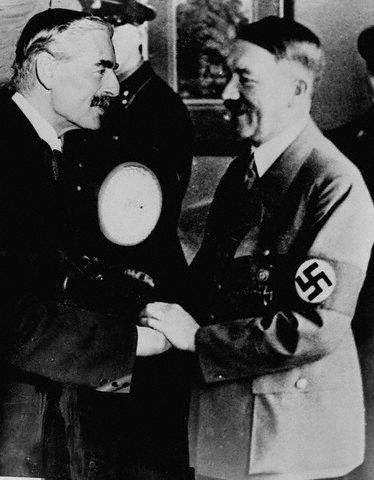
Sometimes people ask me, why I “chose” Chabad. Sometimes people ask me to tell them about Chabad philosophy and what makes it stand aside. Sometimes people ask me: “Who is the Rebbe? Tell me about the Rebbe.”
In reality, the three questions are one. The Lubavitcher Rebbe cannot be separated from Chabad Chassidus and his Chassidim; the latter cannot be separated from their Rebbe and his teachings; Chabad “philosophy” is one with the channel through which it was revealed in this world.
In reality, it is a very simply idea. Ein od milvado. There is nothing besides G-d. That is the beginning, that is the reality, that is the end, the destination. That is what all the world is about. That is what being a Jew is all about. And the Rebbe teaches us that, in detail, what it means, how we can achieve that, how we can live that and bring the world to realization and revelation of it. He teaches us through his life, through his Chassidus, through his relationship with the world and the Jews. In a very intellectual, very shocking, very serious, very profound and very human way.
This video says it all — what the Rebbe says in it is our reality, it is with us today, right now:
Another Jew’s reflections about the Rebbe — an article by Elie Wiesel, re-published at CrownHeights.info:
I will always remember my first visit to Lubavitch. It happened some thirty years ago. Though a Chasid of Wizhnitz, I had heard of Chabad and its renowned leader. A foreign correspondent for Israel's evening paper “Yediot Achronot,” I had thought of doing a story about the way Lubavitcher chasidim celebrate the liberation of the first — or the “Alter” — Rebbe, Rabbi Shneur Zalman of Liadi from Czarist prison. When I left in the early morning hours, I still belonged to Wizhnitz, but I was already caught by something or someone one finds only in Lubavitch.
I remember: in a “shul” that seems both huge and intimate, thousands and thousands of chasidim, young and old, from all over the world, are dancing vertically, as if not moving from their place, yet forcing their rhythm onto the entire universe.
Their eyes closed, they sing as only chasidim can. Ten times, fifty times, they repeat the same words, the same tune, and the song bursts their chests and lights a thousands flames in their eyes before rising higher and higher, up to the seventh heaven, if not higher, to the “Heichel hanegina,” source and sanctuary of all songs.
The center is the Rebbe. The Chasid in me looks at him with wonder. There is something melancholy and profoundly moving about his personality. Disturbing and reassuring at the same time. He feels what everyone here feels, he helps all attain the unattainable. In his presence, one feels more Jewish, more authentically Jewish. Seen by him, one comes in closer contact with one's own inner Jewish center.
Am unable to take my eyes off him. His gaze encompasses everyone and everything. I have rarely witnessed such control of and concern over such a large assembly. Thousands of eyes follow his most imperceptible movements. When he talks, everybody listens breathlessly, absorbing every word, every sigh. When he sighs, the whole world sighs with him and us.
I remember: hours long I stood there, at 770 Eastern Parkway, as in a dream, looking at the Rebbe who was looking at his followers. At times, he smiled and night vanished from their lives. There were moments when he seemed serious and somber. And, between songs, his fervent listeners trembled between fear and hope.
Suddenly I saw myself as a child again. Spending a Shabbat at the court of the Wizhnitzer Rebbe. There, too, the souls became strings and played ancient melodies. Yet here in Lubavitch it is different. The world is different. Countless invisible cemeteries separate the past from the present. In Lubavitch I think even about Wizhnitz in a different manner. What the Rebbe of Lubavitch is doing, what he is accomplishing here can be felt beyond Lubavitch.
This I came to understand much later. As I began traveling around the country, I discovered the Rebbe's emissaries in the most forsaken places. Were it not for them and their devotion, were it not for the mission entrusted onto them by the Rebbe, in the forty-two years of his leadership, who knows how many Jewish souls would have been lost to our people.
It is part of the Rebbe's greatness that he knows whom to send where and when. Not all their accomplishments have been made public. Some must remain secret. When they will be revealed — soon, I hope — they will surely increase the existing admiration for the Rebbe's vision.
Thus the Jewish people owe the Rebbe a great debt of recognition and gratitude. I do, too. I have learned much from Lubavitch in Lubavitch. Had I not participated in the “Chag HaGeula” of Chabad some thirty years ago, I wonder whether I would be who I am now.



































